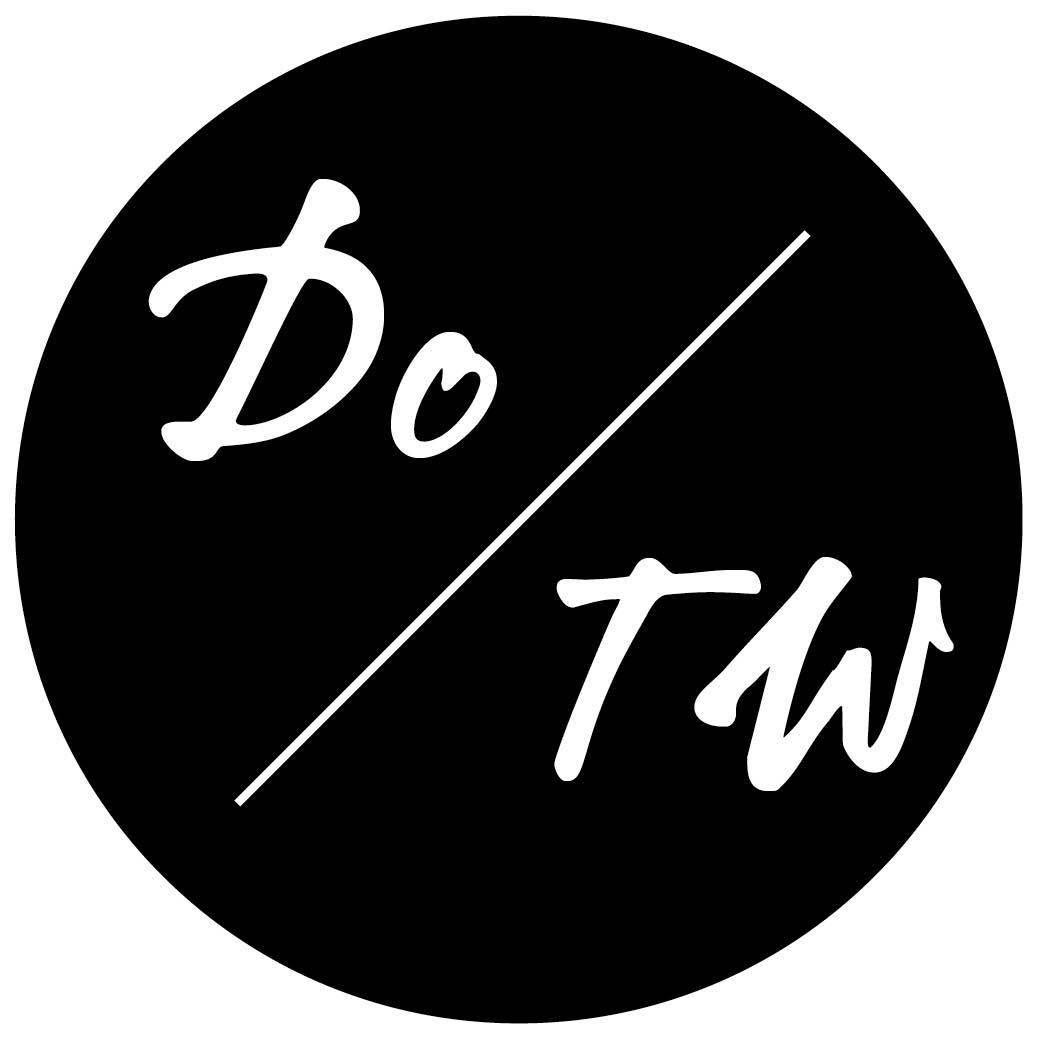9 Resources for Pitching Freelance Articles that Will Change Your Writing Career Forever

When I started down this path many years ago, there were no blogs really wholly dedicated to the business side of travel writing, as in pitching, working with editors, the ins and outs of press trips, and so I turned to more general blogs on freelance writing to see how it should be done.
If I was feeling down from a scuffle with an editor or not hearing back from a pitch I was excited about, or even because I was just feeling the draw of the TV or some other form of writer’s block/procrastination, I used to reread the archives of certain freelancing websites that had such a no-nonsense approach to things that I couldn’t help but snap out of it and immediately feel empowered and revved up to go market.
Though several of these websites have changed their focus considerably over the years as these writers have changed their income strategies diversifying from magazine writing into ghostwriting books or creating niche websites in other fields, thanks to the permanence of the web, most of their foundational articles on pitching are still around!
I’ve chosen three posts from each website that I love and often re-read, but each site has many more useful articles on pitching and freelance writing generally, so I recommend digging around further if you have time.
Dollars and Deadlines by Kelly James-Enger
10 Reasons Why Your Pitch Got Rejected
There are a lot of articles and blog posts out there telling you all the reasons your crush isn’t returning your FB pokes…erm…I mean, why editors aren’t responding to your pitches. This is my favorite. It cuts through the usual crap to the things that new writers actually need to hear.
Power Up Your Pitches: 13 Fully-Critiqued Queries to Help Your Freelance Success
Kelly often does pitch critiques on her blog, and here she has compiled a curated mother lode to help you see common problems and themes in pitches like your own.
On Dealing With Rejection
This is actually a guest post that builds on a great post of Kelly’s about the 24-hour rule by an author of four dozen books (seriously). Though this technique is clearly something that she’s honed over the years, it’s the perfect way for newer or less confident writers to not be bothered in the least by rejection, but instead use it to get more work. Small warning: the formatting is a bit off, but it’s such a good read I wanted to share it with you even though it’s a bit…fluorescent.
The International Freelancer by Mridu Khullar Relph
When It Comes to Pitching, Should You Aim High… or Low?
Though the post starts with a simple enough sounding question, Mridu expands it to give buckets of freelancing advice, including who each strategy is best for and the advantages and pitfalls of each.
How to Break into Top Publications – Free Case Studies
This is absolute gold. Mridu walks through—with extreme honestly—how she managed to get awesome credits like Elle and The New York Times on her resume. But one of the biggest take homes is that you’ll never get an assignment with The New York Times if you don’t pitch them. It is not a blog post, but something you have to sign up for her email list to download, but it’s worth it. And her weekly emails are always (a) very sweet, or (b) an awesome kick in the butt.
How to Write and Send 25 Queries a Week
I’m going to talk next week about how to write queries fast enough to make this happen realistically, but this outline for how to organize your research so that you are mentally prepared to get that quantity of queries out is key.
Renegade Writer by Linda Formicelli
Are You Pitching Your Medium or Your Message?
You know that part of Zoolander when Owen Wilson pantomimes his mind being blown? That’s all I want to say. Okay, fine. A little more. The biggest problem I see with, say, 98.5% of pitches from new writers is that they don’t know what an idea really is. This post has the answer.
How to Gain Control Over Your Freelancing Life
This post has a lot of freelancing advice that is great, but not necessarily related to pitching. But what I love is the focus on how it is the single most important key to turning your career around when you’re in a rut—or getting it off the ground when it’s just stalled at the starting line.
When in Doubt, Pitch
I love the reader problem this post addresses: someone who has spent hours researching each pitch. (Note: never do this unless you’re pitching something like the New Yorker. Then, take weeks.) While covering numerous great points about pitching, she hits on one that I love: the point of a pitch is not necessarily to sell the idea you’re pitching. Check it out.
Want to break into magazines faster?

Grab 11 free magazine breakdowns from our Travel Magazine Database.
